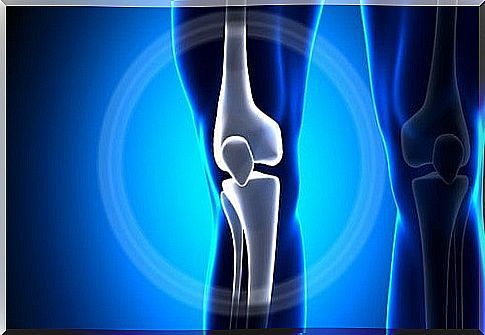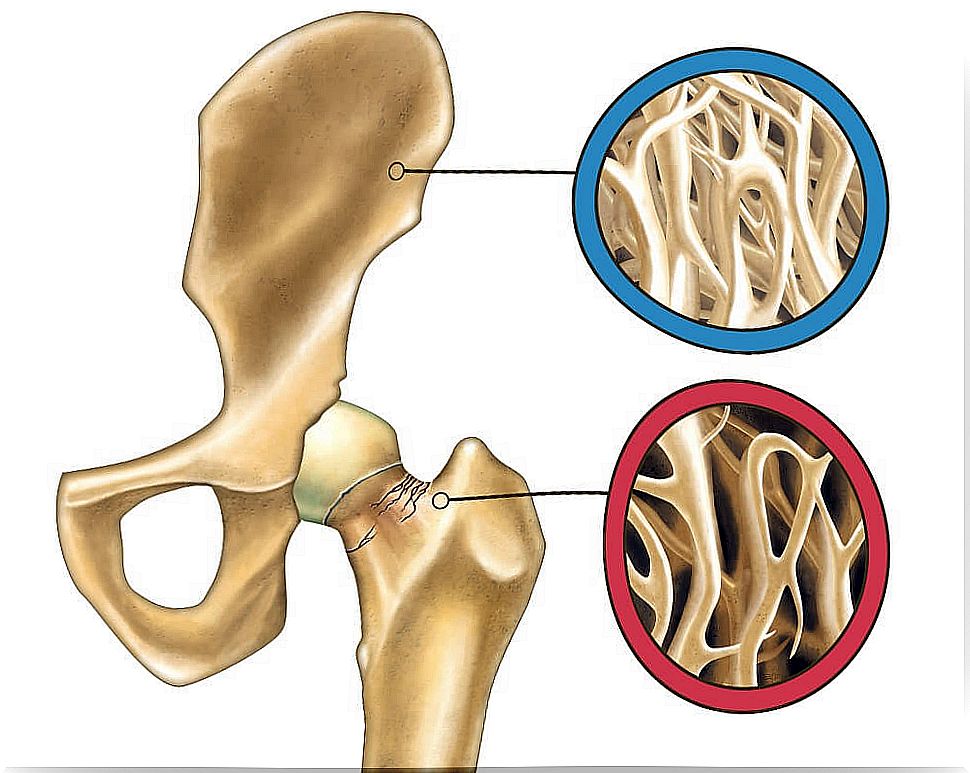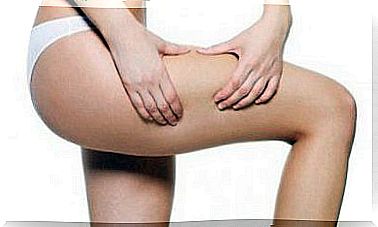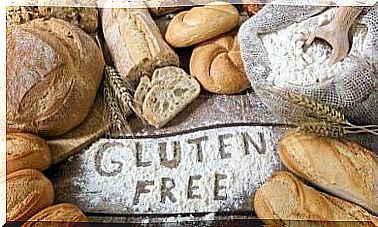Bone Calcium: Tips For Not Losing It

Bone calcium. Calcium is the most abundant mineral in our body: it is found 99% inside the skeleton, while the remaining 1% flows in the blood, carrying out fundamental tasks for our body. It is essential for our health, since thanks to the calcium in the bones, the nerves function properly, the muscles contract and our heart can perform essential functions, for which this mineral is more than indispensable.
Given its importance for our health, it is good to know a series of principles that help our body to better assimilate calcium. These are tips that will ensure that you do not lose bone mass, but that on the contrary you are able to keep your bones and teeth in full health, allowing the passage of time not to decrease the presence of calcium in the body, despite our diet is often one of his worst enemies. Take notes, we are sure you will not regret!
Consequences of bone calcium deficiency

- Joint pain : shoulders, knees, hips, etc.
- Tingling and cramps, especially at night, which make it difficult to rest
- Brittle nails
- High cholesterol and hypertension
- Arrhythmias and palpitations
- Dental problems
- Skin problems
- Numbness of the upper and lower limbs
- Osteoporosis
Tips for preserving bone calcium

- Diets high in fat make calcium absorption difficult. For this reason it is good to avoid consuming those foods that contain excessive amounts of it and that can harm your health.
- Protein is needed to fix calcium, but you have to keep in mind that consuming too much produces the opposite effect, that is, it eliminates it. So try to consume them in a balanced way when you eat legumes, dried fruit, lean meats, cod, dairy products, etc.
- All foods rich in calcium lose their properties if cooked at very high temperatures. The same happens if you dissolve them in water, so it is good to take this into consideration when, for example, we prepare legumes.
- When a diet is very acidic, as in the case of the Western one, calcium loses its properties. For this reason, we must try to maintain a strict balance in nutrition, especially in the intake of sugars, dairy products, coffee, alcohol, fish and eggs. All of these foods prevent calcium from settling in the bones.
- Calcium needs vitamin D to be absorbed : where can we find it? In salmon, tuna in oil, cereals and natural yogurt. Since there are very few foods that contain vitamin D, it is also recommended to take it through vitamin supplements sold in natural stores. We also point out that this vitamin is synthesized when you sunbathe : for this you will benefit greatly by allowing yourself an hour a day to go for a run or walk in the open air.
- Try to maintain a balance of calcium and phosphorus intake. Phosphorus can be found in rice, cereals, artichokes, parsley, champignon mushrooms, raisins, egg yolk, etc.
Tips for keeping football

- Fruits and vegetables with vitamins A and C : they are essential for synthesizing and fixing calcium in our body. You can find them in lemons, oranges, kiwis, carrots, pineapple, melon, pumpkin, magician, cabbage, pepper, apricots, tomatoes, etc.
- At least three milky products should be consumed per day. Nutritionists recommend yogurt or fermented milk, in which lactose has disappeared, as the products become healthier and more digestive. Cow’s milk can also be replaced with soy milk, which is more adaptable and healthier.
- Also keep in mind that cooking fruit and vegetables destroys part of the vitamin C, essential for synthesizing calcium: for this reason, nutritionists recommend not to abuse cooked vegetables and try to consume them raw.
- To consume an adequate amount of proteins (remember that their abuse destroys calcium) we recommend that you take at least two portions a day: one of meat, for example 100 grams of chicken, and one of blue fish, between 150 and 200 grams. . This quantity is the most adequate in order not to lose the correct calcium intake of the bones.









